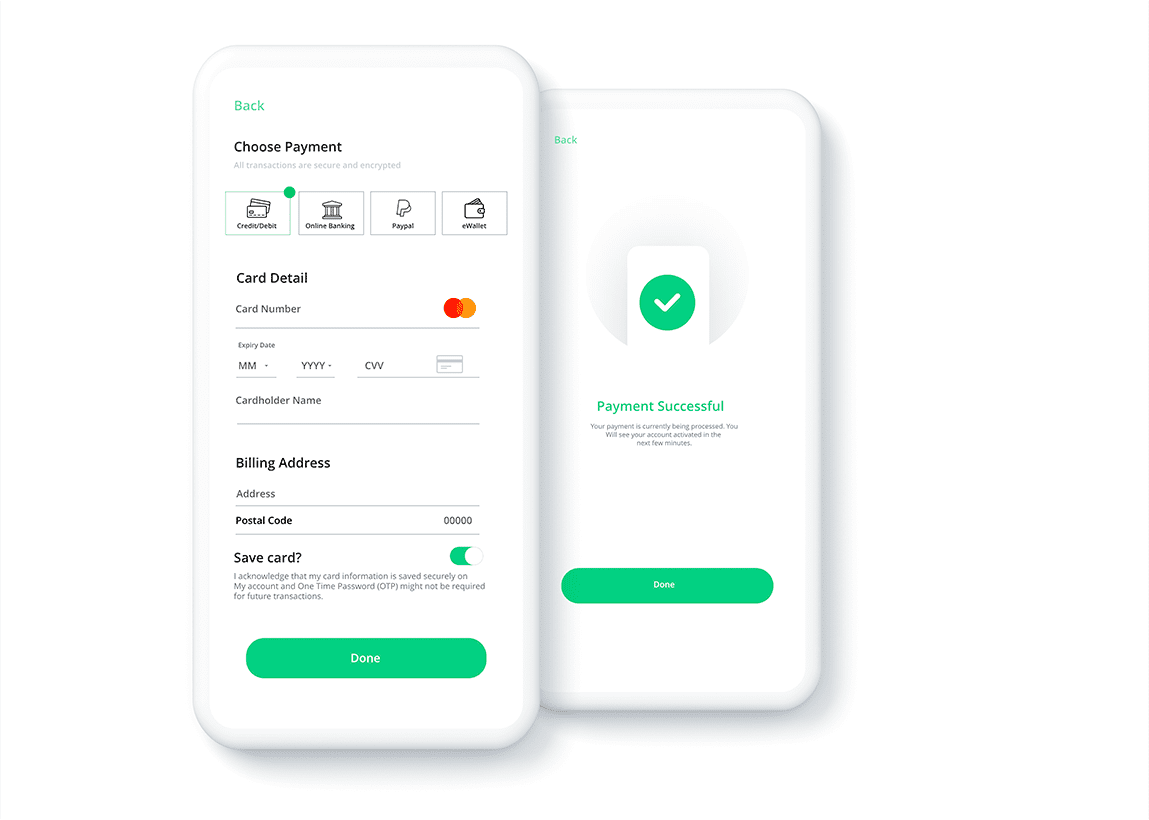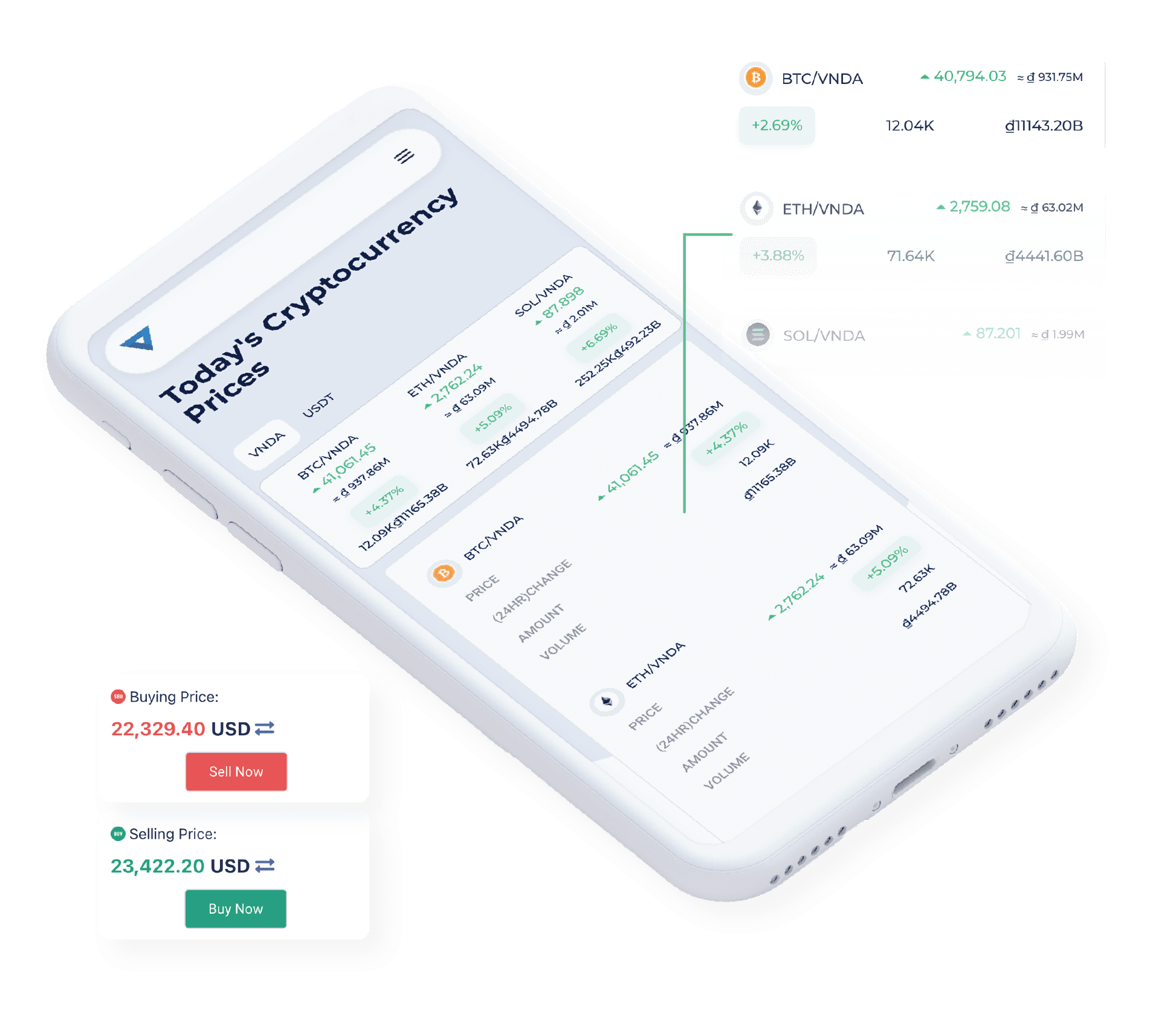Fintech (Financial technology) is used to describe new tech that seeks to improve and automate the delivery and use of financial services. At its core, fintech is utilized to help companies, business owners and consumers better manage their financial operations, processes, and lives by utilizing specialized software and algorithms that are used on computers and, increasingly, smartphones.

Fintech solutions made to answer business challenges
Transform your idea into a digital masterpiece with all-in-one fintech app development services. We take care of your project from start to finish: beginning with strategy and market research, through exceptional UX and UI design, to app development and support. Our custom fintech applications mix cutting-edge technology with data-based research to bring solutions that work for your business.
Everything you need to accept online payments
Payment gateways are platforms that enable shoppers to pay for a product or service on a merchant’s website. Today, there are countless payment methods such as debit cards, credit cards, digital wallets, and cryptocurrencies. You can accept online payments on any device or channel, whatever your business model. You’ll be up and running quickly, can add payment methods easily, and increase your conversion rates.

Global coverage and all popular payment methods your customers know and trust.
Optimize all payments at every engagement point and increase your authorization rates.
Helpful dashboards brings performance, testing, and reporting into one interface.
Made to match your development resources, need for customization, and speed of delivery.
Fully certified for standards such as PSD2 SCA and PCI.
Fraud protection with AI and rule-based risk ecosystem.

Stay tuned to what happens in the crypto world
A Cryptocurrency system is as known as decentralized exchange (DEX). It is a peer-to-peer (P2P) marketplace that connects cryptocurrency buyers and sellers. In contrast to centralized exchanges (CEXs), decentralized platforms are non-custodial, meaning a user remains in control of their private keys when transacting on a DEX platform. In the absence of a central authority, DEXs employ smart contracts that self-execute under set conditions and record each transaction to the blockchain. These trustless, secure transactions represent an accelerating segment of the digital asset market and are pioneering new financial products.
Centralized cryptocurrency exchanges
Some exchanges add margin trading and fiat/crypto trading capabilities. Centralized exchanges have an owner; they are responsible for the security of users’ funds; such platforms comply with legal regulations and standards.
Peer-to-peer exchanges
Transactions take place between the users who are directly connected by the exchange. The revenue comes from a percentage commission for the exchange from each transaction.
Decentralized cryptocurrency exchanges
As the name implies, they have no centralized management of exchange transactions. There are different types of decentralized exchanges, such as on-chain, off-chain and cross-chain.
